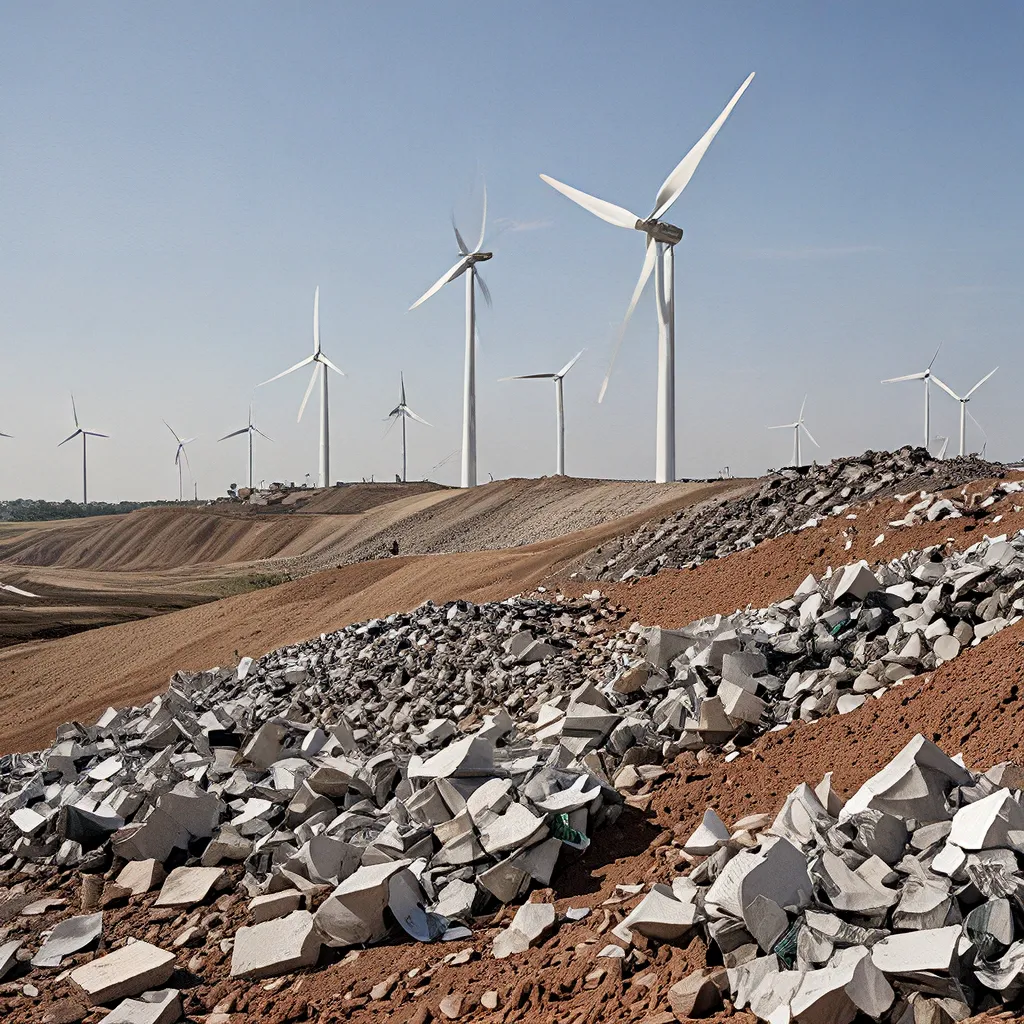
Buckle up, folks, because we’re about to embark on a wild ride – a renewable energy revolution that’s turning the world of waste management on its head! Picture this: a country that’s not only saving money by replacing fossil fuels with trash-turned-treasure, but also raking in a cool $100 million annually by importing other countries’ waste. Sound too good to be true? Well, prepare to be amazed, because this renewable revolution is happening, and it’s happening in none other than Sweden.
The Swedish Recycling Miracle
You see, the Swedes looked at the gloomy predictions – the world hurtling towards a catastrophic 2-degree Celsius temperature increase, fossil fuels dwindling, and global energy demand set to skyrocket by 50% by 2030. Rather than throwing in the towel and succumbing to these dire predictions, they decided to take matters into their own hands. And let me tell you, the results are nothing short of mind-blowing.
Sweden identified a blue ocean opportunity and started a recycling revolution, turning waste into energy (or as the cool kids call it, “w2e”). Through an inclusive nationwide recycling strategy, they’ve transformed the high-cost burden of waste into a profitable venture.
Here’s how they did it: Instead of sending their trash to landfills, Sweden’s waste-to-energy plants generate energy, which is then delivered in the form of electricity for homes and businesses. In fact, the amount of energy generated from waste alone provides heating to 1 million homes and electricity to 250,000! And get this – only 1% of Sweden’s trash ends up in landfills, while the remaining 52% is converted into energy and 47% gets recycled. Talk about a win-win-win!
The Secret Sauce: Aligning Three Key Propositions
So, what’s the secret to Sweden’s recycling success? Well, they’ve managed to align three essential propositions that are crucial to the success of their blue ocean strategy.
First, the value proposition for the Swedish people: a cleaner environment and low-cost energy for over 1 million homes. Who wouldn’t jump on that bandwagon?
Next, the profit proposition: Sweden not only reduces costs by eliminating the high price of fossil fuels, but also generates a cool $100 million in annual revenue by recycling imported waste. Talk about a money-making machine!
And last but not least, the people proposition: Sweden has created an inclusive system that gets everyone involved. From young children being taught to recycle from an early age, to convenient recycling stations within 300 meters of any residential area, to incentives like discount vouchers for using nearby recycling machines – the Swedes have made recycling a way of life.
A Lesson in Foresight and Innovation
What’s truly remarkable about Sweden’s recycling revolution is that they didn’t just wait for the mounting pressures of climate change and resource scarcity to hit them. Instead, they proactively identified the trends and seized a blue ocean opportunity.
Rather than adapt to these challenges as they occurred, Sweden became a pioneer in the recycling industry, aligning technology, social responsibility, and cost-effectiveness in a way that’s truly inspiring.
And let’s not forget the impact – Sweden’s recycling efforts have reduced its carbon dioxide emissions by a staggering 22 million tonnes per year. Between 1990 and 2006, their carbon dioxide emissions went down by 34%, and greenhouse gas emissions are projected to fall by 76% by 2020 compared to 1990 levels.
The Takeaway: Embracing Nondisruptive Creation
You know, we’ve all heard the constant mantra of “disrupt or die” in the business world. But Sweden’s story is a refreshing reminder that disruption isn’t the only path to innovation and growth. In fact, their success is a shining example of how companies can help the transition to a greener economy without sacrificing their financial interests.
Through nondisruptive creation, Sweden has managed to turn a potential environmental and economic disaster into a profitable venture that benefits both the planet and its people. And the best part? It’s a blueprint that the rest of the world can follow.
So, the next time you’re tempted to jump on the disruptive bandwagon, take a page out of Sweden’s playbook. Look for those blue ocean opportunities, align your propositions, and get everyone on board. Who knows, you might just end up revolutionizing the way we think about waste and energy – one trash-to-treasure project at a time.